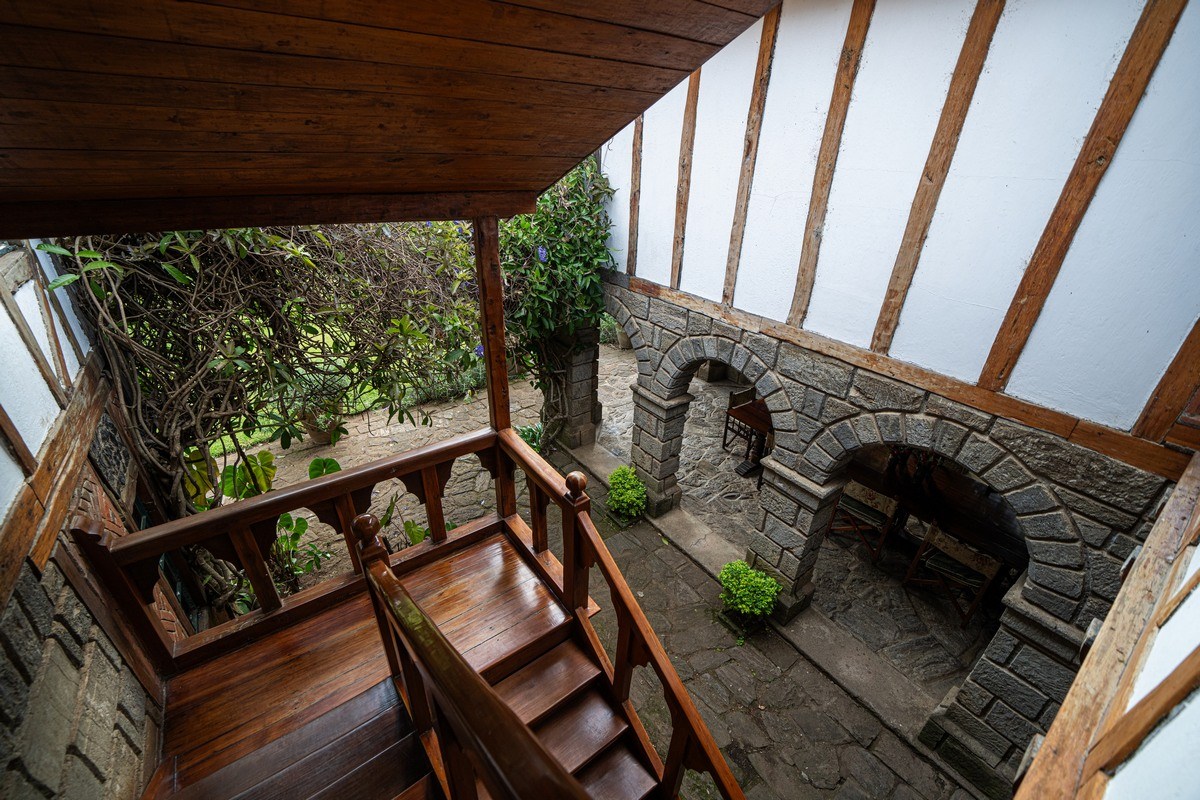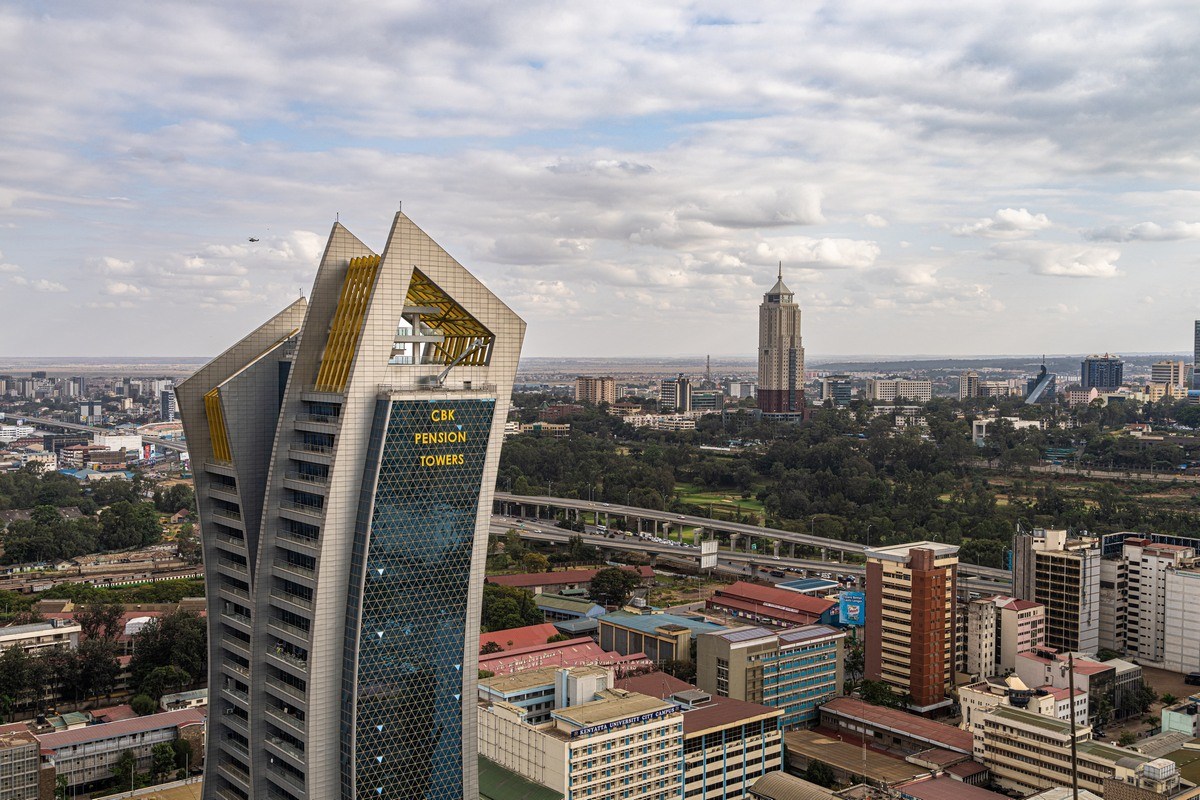Before continuing with my narrative along our route through Kenya, I must tell you a bit about where we stayed on the bank of Lake Naivasha. It was at Hippo Point (but don’t click that link just yet)…
Now, before reading on, dear readers, can you guess what I’m about to write here? Was I one-star-hotel slumming it, or five-star-living-large?…
See, I do both – and everything in-between. I prefer 5*, of course – who doesn’t? – but sometimes lesser star-rating hotels (or no-star establishments, like Airbnb-style apartments in remote towns in deepest Siberia) are the only thing going. In Tibet and Nepal the ratings tended to dip, while in Kamchatka and Altai we’ve always bedded down of a night in the tents we carry on our backs all day. Then there are the spartan but cozy-enough cabins we sleep in on yachts workhorse ships – that sail around, say, the Kuril Islands or even Antarctica. Things sometimes get real bad: in the year 2000 we stayed a night in an abandoned port in Belomorsk; it was… indescribable. Heck – the trauma lingers to this day!
So, come on folks, what do you reckon?…
Well, it went like this at Hippo Point:

Joke. That’s the former servants’ quarters of even stables of the British landed gentry that must have had the place built and who lived here originally. Here’s where we were staying:

No, it’s not an Edwardian country pile in Surrey – it’s actually Hippo Point here in Kenya!

Inside, just like outside, and just like the lawn and garden – all in traditional English style. Couldn’t complain…
…Wait: yes we could!…
See, the place was so old-fashioned and typically British that it still featured old-fashioned and typically British… taps (faucets to our American friends); meaning: one tap is for (freezing) cold water; the other – for (scalding) hot water. No mixer tap/faucet where you can get just the right temperature for the water for your bath. And bath’s the right word since – there’s no shower here either! What? In 2023? :0)

We have a walk around the property and its grounds…

Africa, stone fireplace, armchairs. The only things missing are a Sir John and Lady Mortimer or some such!
All’s set for cocktails at sundown ->

And finally – my luggage lost by Ethiopian Airlines arrived! ->

Over there – zebras!

From here to the lake – a zebra crossing! ->

Sunset: another aaaaah ->

And that was that. All very nice. We’d have loved to have stayed longer in this little piece of England, but we had to be up and off in the morning…

The rest of the photos from Kenya are here.
































